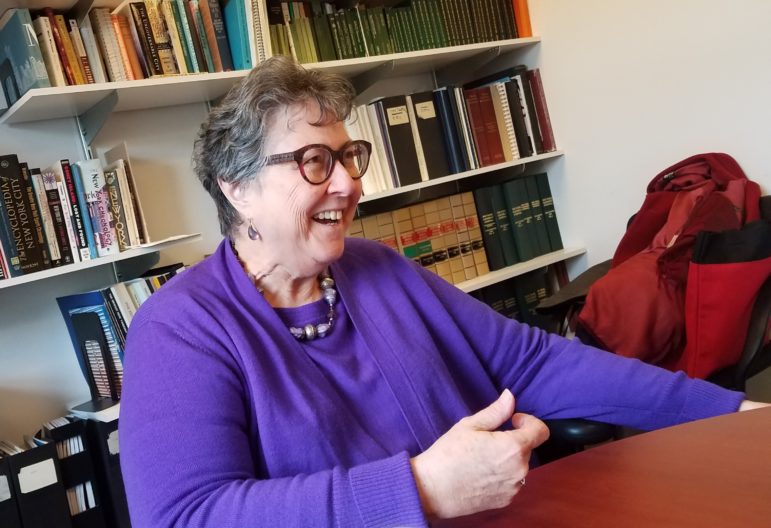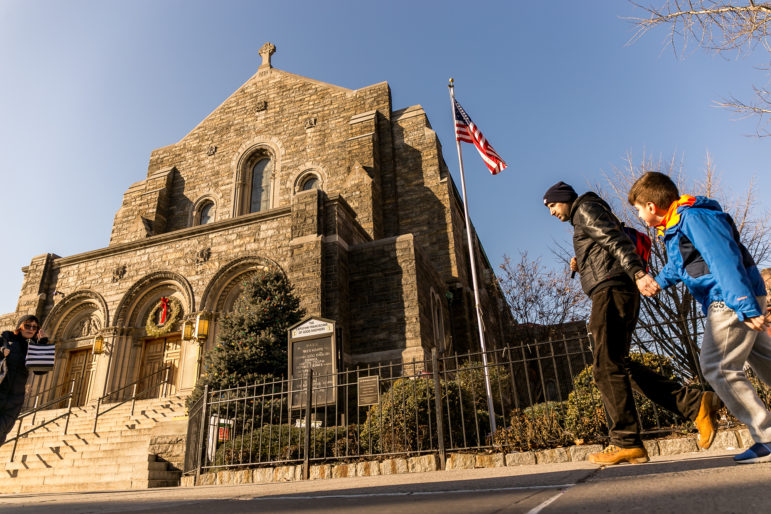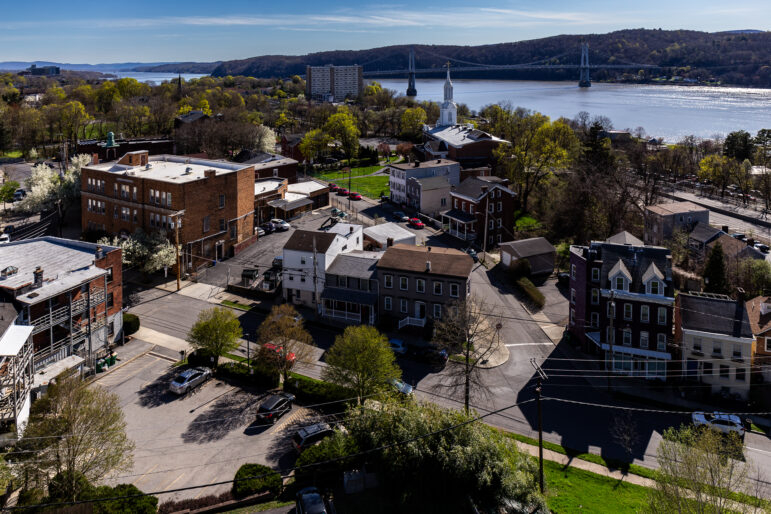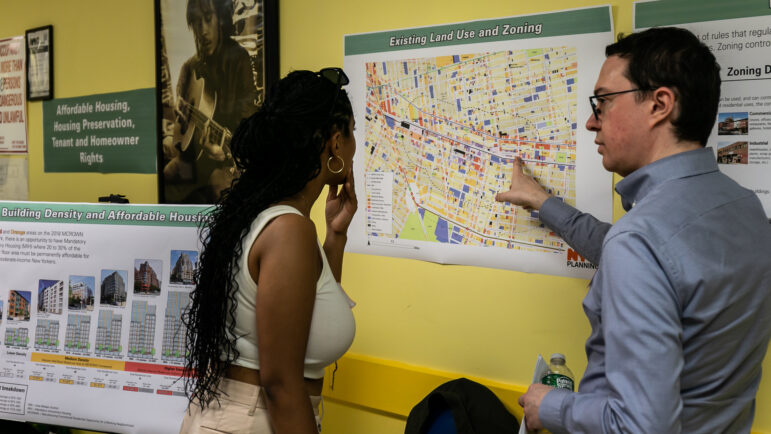
Jarrett Murphy
Susan Lerner, the executive director of Common Cause NY, said the problems with next week's special elections mirror those with the state's political process in general: antiquated mechanics that lack transparency and turn voters away.
Another state budget has passed without action on widely popular measures like early voting. Another corruption trial has concluded, exposing self-dealing in the halls of power. Another special election looms, its machinery captured by country political powerbrokers. It seems like just another year in New York.
But Susan Lerner, the executive director of Common Cause NY, tells Max & Murphy she detects a different spirit in the air in 2018, and holds out hope for action.
The 11 special elections taking place on April 24 (four of them in New York City) were called too late for those districts to be represented in the state budget process. Because there are no primaries in special elections, party leaders get to decide who gets the line. This makes victory all but certain for handpicked successors, who then become incumbents unlikely to face a serious challenge in the September primary or November general election.
A substantial number of legislators in Albany have won their seats through specials, Lerner notes. Many of them are very sound reformers, but there’s a familiar tension there: The elected officials with the power to change the system are, by definition, those who have benefited from it. This is what creates a certain “Groundhog Day” feel to the reform conversation in Albany, where wildly popular measures like early voting are proposed, fail to gain passage, and become a talking point for the following year.
But, Lerner says, “We’re at a very different moment now,” in New York State, perhaps because Albany’s failure to achieve so many broadly desired things, like bail reform and changes to the statute of limitations on child-abuse allegations, has fired up enough voters that true change is more possible.
Lerner discusses the pros and cons of early voting, the role of corruption trials in shaping public interest in reform and the city’s charter reform process below. Give a listen:








